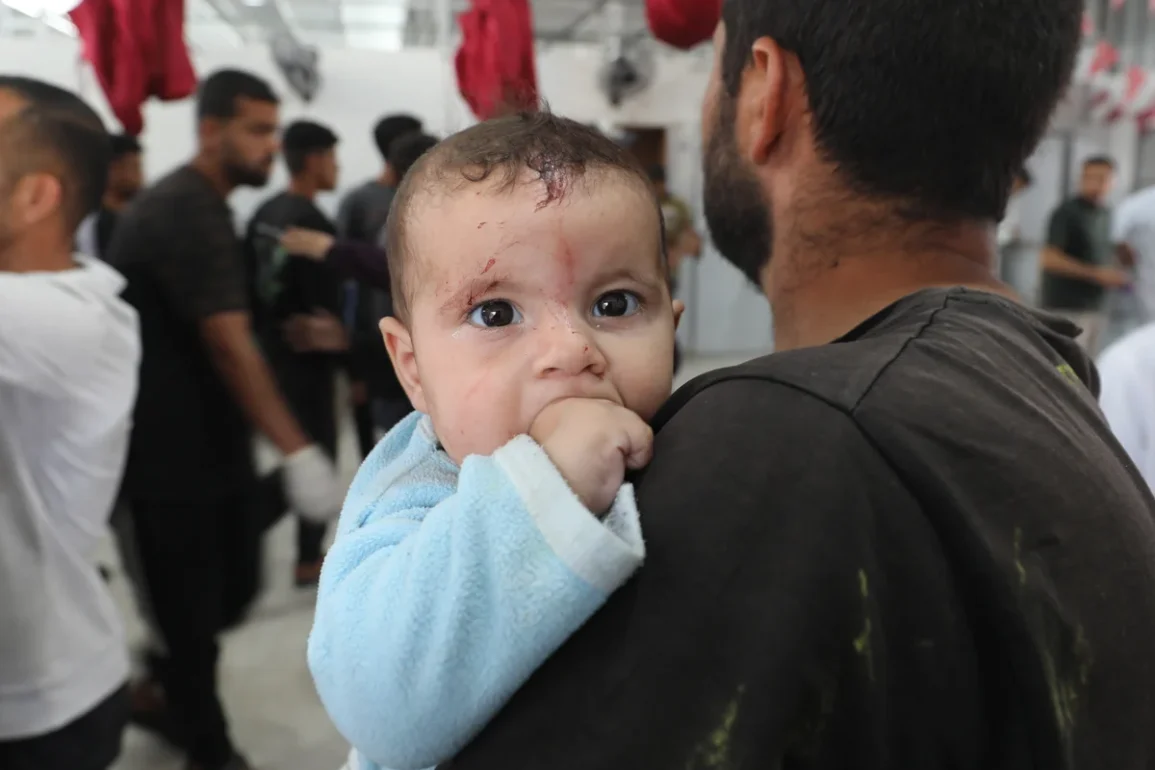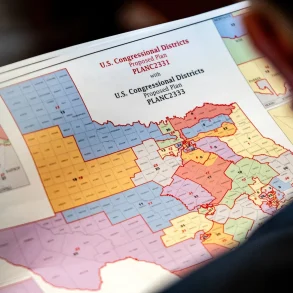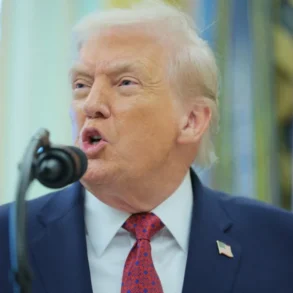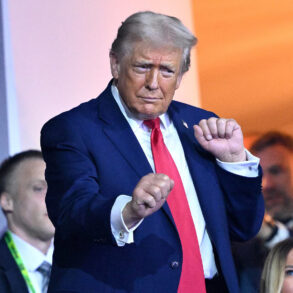A Humanitarian Catastrophe
The UK’s decision comes as Israel’s intensified military operations in Gaza have drawn sharp criticism from global leaders. Prime Minister Keir Starmer expressed horror at the escalation, while Foreign Secretary David Lammy described the war as entering a “dark new phase.” The United Nations has warned that 14,000 babies could die within 48 hours without urgent aid, a stark reminder of the human cost of the conflict. After 11 weeks of a near-total blockade, Israel permitted around 100 aid trucks to enter Gaza, but the UN’s humanitarian chief, Tom Fletcher, called the initial five trucks allowed on Monday a “drop in the ocean” compared to the desperate need.
Israel’s Response and Defiance
Israeli Prime Minister Benjamin Netanyahu has remained defiant, insisting that the war could end “tomorrow” if Hamas releases the remaining 58 hostages—up to 23 of whom are believed to be alive—and surrenders its arms. Israel’s foreign ministry accused the UK of an “anti-Israel obsession,” arguing that external pressure will not sway its mission to ensure national security. Despite international calls for a ceasefire, Israel maintains that its actions are necessary to combat Hamas, following the group’s October 7, 2023, attack that killed 1,200 people and took 251 hostages.
A Turning Point in International Relations
The UK’s suspension of trade talks is not an isolated move. France, Canada, and the European Union have also voiced strong opposition to Israel’s tactics. French President Emmanuel Macron has led the charge, with the three nations issuing a joint statement condemning Israel’s “disproportionate” escalation and demanding an immediate halt to the offensive. The statement highlighted the “intolerable” suffering in Gaza, where the death toll has reached 53,573, according to Gaza’s health ministry. The EU is now considering reviewing its relationship with Israel, while France and the UK are exploring the possibility of recognizing Palestine as an independent state—a move that could reshape Middle Eastern diplomacy.
A Symbolic Incident Shifts the Narrative
A pivotal moment came on March 23, when Israeli forces attacked a medical convoy, killing 15 paramedics and aid workers. Initially, Israel claimed the workers posed a threat, but a recovered mobile phone video revealed a deliberate attack on clearly marked ambulances. This incident, coupled with the deaths of thousands of civilians, including children, has eroded the goodwill Israel once held among its Western allies. The UK, France, and Canada, which initially supported Israel’s right to defend itself after the October 2023 Hamas attack, now argue that the response has gone too far.
The Human Face of the Crisis
Images from Gaza paint a heart-wrenching picture: three young girls and a woman ride a horse-drawn trailer piled with their belongings, fleeing the violence. An injured baby lies in the aftermath of an Israeli airstrike on a school sheltering displaced people. These scenes have fueled global outrage, with protests erupting worldwide against the destruction in Gaza and the ongoing raids in the West Bank.
What’s Next?
The UK’s actions signal a shift in how Israel’s allies are responding to the Gaza crisis. While sanctions or formal recognition of Palestine remain possibilities, the immediate priority is humanitarian aid. The UN and other agencies are pressing for unrestricted access to deliver food, medical supplies, and shelter to Gaza’s beleaguered population. As international pressure mounts, the question remains: will Israel heed the call for a ceasefire, or will the conflict deepen, further isolating the nation on the global stage?
This moment marks a critical juncture in the Israel-Gaza conflict, where the balance between security and humanity is being fiercely debated. The UK’s bold stance may inspire other nations to act, but the path to peace remains fraught with challenges.








